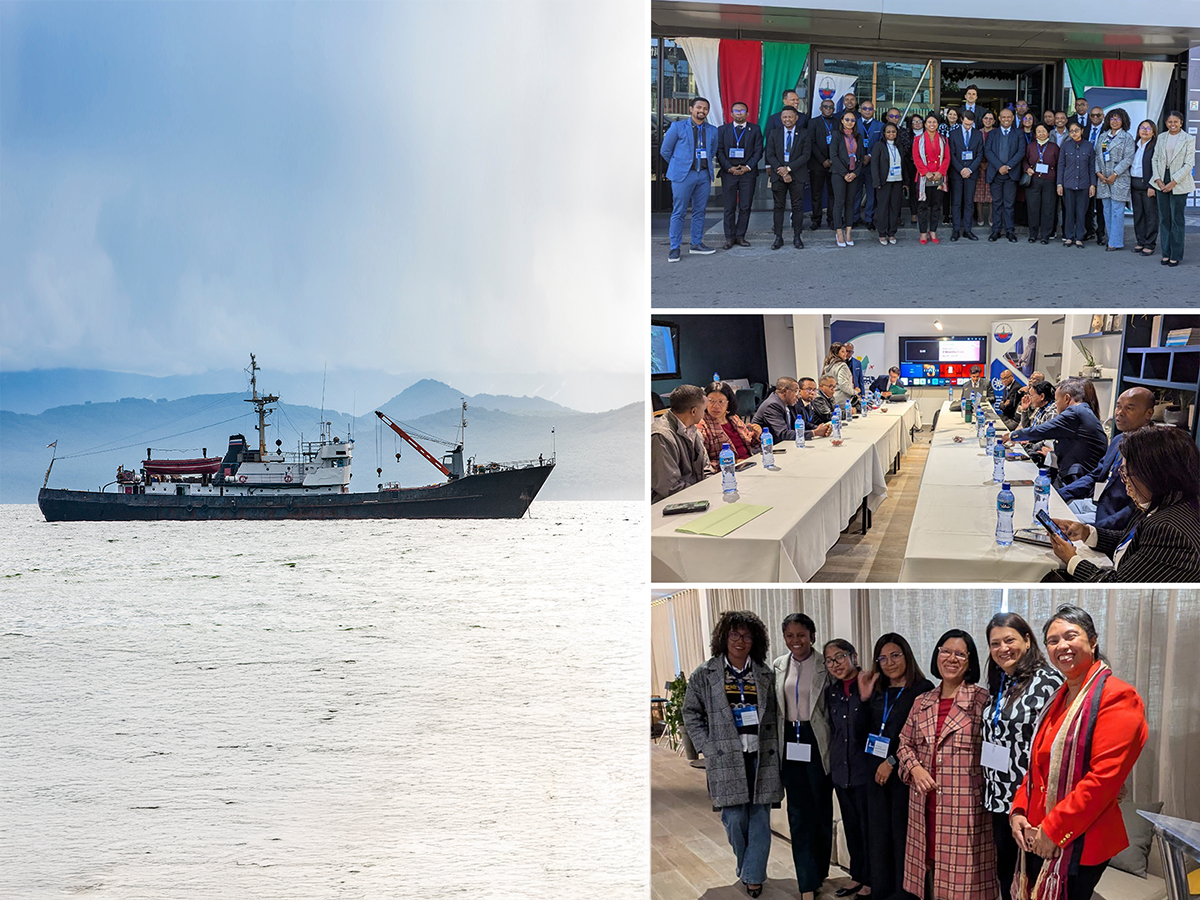Antananarivo, Madagascar – In a significant move to enhance maritime safety and safeguard the lives of thousands of fishers, the International Maritime Organization (IMO) is supporting Madagascar in building national capacity to meet international standards for fishing vessel safety and crew certification.
From 30 June to 4 July, a national workshop on fishing vessel safety is underway in Antananarivo, with 25 participants from key national agencies—11 of whom are women—undergoing specialized training. The initiative is part of IMO’s ongoing efforts to assist countries in implementing the International Convention on Standards of Training, Certification and Watchkeeping for Fishing Vessel Personnel (STCW-F Convention) and its associated STCW-F Code.
This training comes at a crucial time for Madagascar, a nation with over 100,000 fishers operating in both domestic and international waters, including the Indian and Antarctic Oceans. Fishing is not only a key livelihood for many Malagasy communities but also a major contributor to the national economy, accounting for more than 7% of GDP annually, according to the World Bank.
Led by IMO experts and supported through the Integrated Technical Cooperation Programme (ITCP), the workshop aims to equip officials from the Agence Portuaire, Maritime et Fluviale (APMF), the Ministry of Transport and Meteorology, training institutions, and fishing organizations with the technical knowledge and policy understanding needed to align with global maritime safety standards.

Participants are receiving comprehensive instruction on the STCW-F Convention and the recently adopted STCW-F Code. These instruments establish minimum requirements for the training, certification, and watchkeeping of crews on fishing vessels—addressing the distinct operational and safety risks in the fishing industry, such as harsh weather, long deployments, and manual-intensive tasks at sea.
By boosting national expertise, the workshop also supports Madagascar’s path toward ratifying the STCW-F Convention, further strengthening its maritime governance framework and ensuring the long-term safety of its fishers and marine resources.
IMO’s collaboration with the APMF reflects the broader commitment to inclusive capacity-building, with a focus on gender equality and sustainable development in line with the United Nations Sustainable Development Goals (SDGs), particularly SDG 14 (Life Below Water) and SDG 5 (Gender Equality).
As Madagascar works to improve its maritime training and safety oversight, initiatives like this workshop mark a decisive step forward in creating safer seas and resilient coastal communities.